Studying vs. Learning. Not the same thing!
How many times have your students self-professed their mastery of learning while brandishing an oversized highlighter and showcasing fluorescent, yellow-coated pages of text? When we hear this, our minds respond with thoughts such as “you studied but what did you learn?” According to the online Britannica dictionary (2024), “when you study something, you have not learned it yet.”
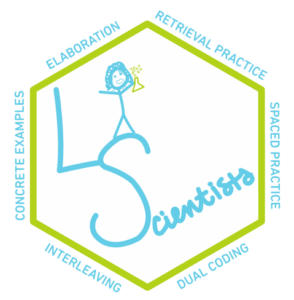
Although many forms of basic study skills consume time and effort, creating a false sense of accomplishment they often lead to disappointing results because the fact remains that the student memorizes disconnected facts rather than deeply learning the subject. To learn something includes becoming skilled and knowledgeable in the content by gaining a deeper understanding through repetition and connection-making.
How then do we bust the myth with students that spending hours pouring over a textbook, highlighting sections does not lend itself to learning?
Read on – we believe that there are ways to support students to ditch the yellow highlighter.
Integrating the 6 Strategies of Learning into our classroom is an easy first step. These 6 strategies are evidence-based and can be applied to any learning environment. In fact, you as an instructor can role model these in your own teaching, then share with students why they are so effective.
Shifting students time and focus to enhancing learning with fun in-class activities create evidence based outcomes such as improved grades (Agarwal & Bain, 2019) .
The 6 Strategies of Learning
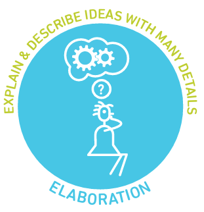
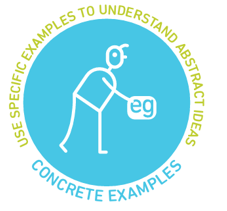
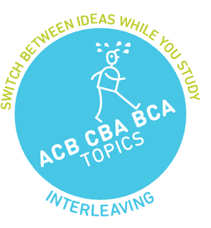
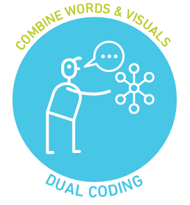
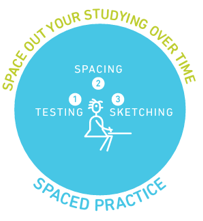
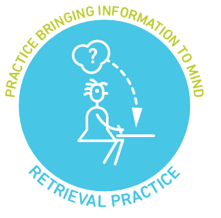
Watch this 10 minute video below where Rachel and I briefly unpack each of the 6 Strategies of Learning.
While this blog has focused on learning for students, there are benefits for instructors as well. Integrating strategies such as interleaving and spaced practice will reduce the time an instructor spends talking at their students. This means that you are less likely to see disengaged (or sleeping) students and more likely to see a class of engaged students who are sharing their learnings and creating relationships.
Doing is always more interesting than watching, get your students doing the learning! We don’t know about you, but that sounds like music to our ears!!
For more information (including the slides used in this video) head to The Learning Scientists.org
If this area of learning interests you please reach out to the authors, Rachel or David.
Written By: Rachel Goodliffe & David Johns, Teaching and Learning Consultants, CTLI